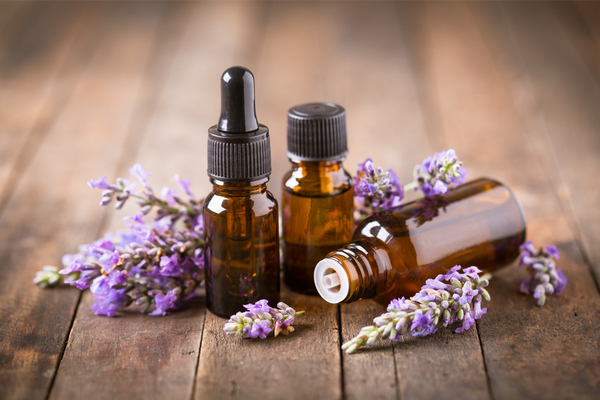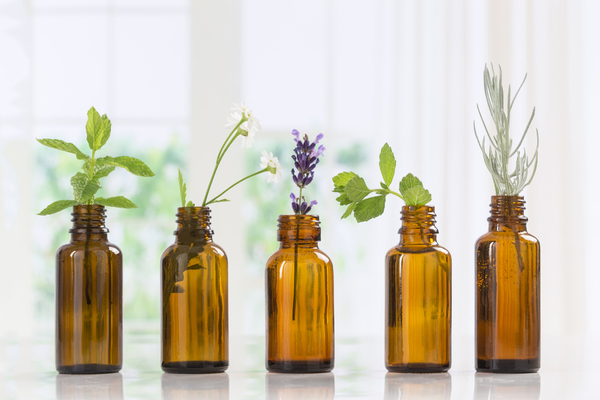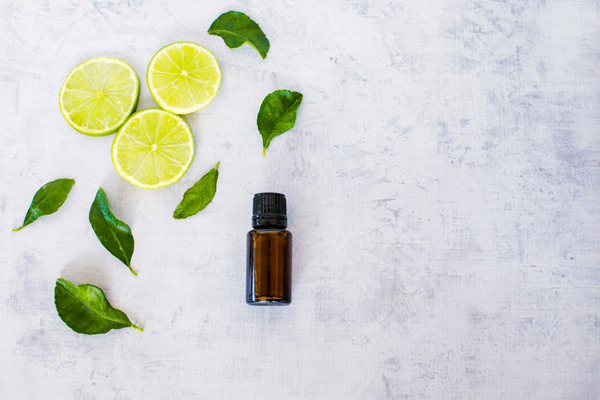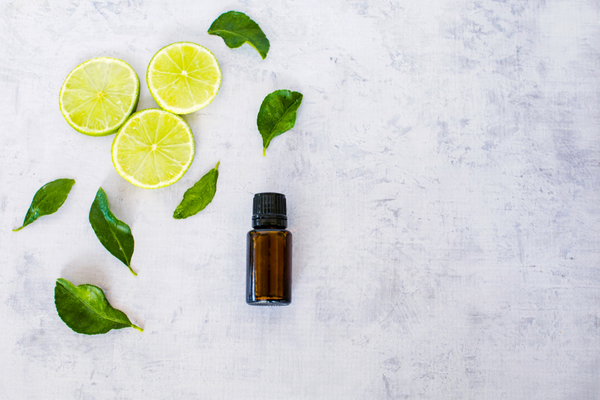Looking for ways to manage or prevent diabetes? We chatted to the experts to discover how essential oils can help you balance your blood sugar…
By Eva Gizowska
According to latest figures from Diabetes UK, almost 3.7 million people have been diagnosed with diabetes in the UK, with an additional 1 million who don’t know they have it. 90 per cent have Type 2 diabetes.
An estimated 7 million people have prediabetes, an undiagnosed condition that makes them 15 times more likely to develop Type 2 diabetes.
‘There is scientific, clinical data that shows essential oils have a significant effect on helping to reduce blood sugar levels,’ says Dr. Eric Zielinski, author of The Essential Oils Diet.
‘They can help your system to work more effectively. We don’t always know the mechanism, as essential oils have a complex chemistry, but, we do know they have a harmonising effect where they bring your body into equilibrium, or homeostasis,’ he says.
‘In one prominent study at Georgetown University Medical Center, it was shown that three different blends of the essential oils, including cinnamon bark, cumin, fenugreek and oregano, demonstrated great success in their ability to lower circulating blood glucose levels, and enhanced insulin sensitivity,’ says Dr. Zielinski.
‘Other key oils known for their blood sugar balancing effect include melissa, bergamot, myrtle, lavender and lemongrass.’

Lavender essential oil has been found to help you relax and reduce blood sugar
Are essential oils safe to ingest?
If you talk to any aromatherapist in the UK, the overriding advice you’ll receive is not to take essential oils internally. Neither doctors or aromatherapists her in the UK are licensed to prescribe them or advice people use them for internal use.
‘In the US though, we’re more relaxed about ingesting essential oils,’ says Dr. Zielinski. ‘Not all essential oils are suitable for consumption though – it’s mainly the ones that have culinary uses that are OK such as citrus, herb and spice oils. And we’re talking micro doses.
‘To put things in perspective, 50 per cent of essential oils on the market are used [to add flavor] in the food industry. Virtually anything that is naturally flavoured most likely contains essential oils.
‘So, you’re probably ingesting essential oils without even realising it. If you don’t want to take oils orally, you can inhale or massage them into the skin.’
Dr Zielinski’s recipes and top blood sugar balancing essential oils
These essential oils are all known for their blood sugar balancing effects:
- Bergamot
- Black pepper
- Cinnamon bark
- Cumin
- Cypress
- Fenugreek
- Geranium
- Lavender
- Lemongrass
- Melissa (lemon balm)
- Niaouli
- Oregano
- Peppermint
- Ravensara

Essential oil blends for balanced blood sugar:
These blends are all supported by proven research. Mix the essential oils for each blend in a 5ml dark glass bottle. Try: Baldwins Alpha Amber Glass 5ml Bottles
Blend 1
- Oregano essential oil 15 drops
- Cinnamon bark essential oil 15 drops
- Fenugreek essential oil 15 drops
- Cumin essential oil 15 drops
- Myrtle essential oil 15 drops
Blend 2
- 50 drops cinnamon bark essential oil
- 25 drops cumin essential oil
- 10 drops fenugreek essential oil
Blend 3
- 50 drops melissa essential oil
- 25 drops lavender essential oil
- 10 drops geranium essential oil
Blend 4
- 50 drops bergamot essential oil
- 20 drops peppermint essential oil
- 10 drops lavender essential oil
- 5 drops oregano essential oil
Choose a blend and use as directed in the recipes below. You may find that certain blends work better for you than others. Use only one of these recipes at a time, i.e. don’t take capsules at the same time as using a body oil or roll-on.
How to make and use these essential oil blends:
- Choose 2-3 single essential oils or blends from the above.
- Mix 6-8 drops with 30ml (6tsp) of carrier oil such as apricot kernel, sweet almond, grapeseed, coconut, olive, jojoba, avocado, sesame or wheatgerm.
- Apply to your abdomen* twice a day, for three to four weeks.
- After 3-4 weeks, change the oils or blends you are using.
* For blood sugar balancing effects, applying oils to your abdomen is best as they are most quickly absorbed. Don’t apply them to soles of your feet, as the skin there is thicker, so oils are less effectively absorbed.

Lime essential oil has been shown to help boost weight loss
Essential oil safety notes:
- Essential oils should never be applied directly to your skin. The exception is lavender.
- If using on your skin (e.g. in a massage blend) always dilute in a carrier oil such as apricot kernel, sweet almond, grapeseed, coconut, olive, jojoba, avocado, sesame or wheatgerm. Blend 1-2 drops of essential oil with 5ml (1 tsp) of carrier oil.
- When adding essential oils to the bath, dilute 2-4 drops in a base oil first, before adding to the bath water.
- Always do a patch test on the skin before using any essential oils. Dilute in a base oil and massage a tiny amount into your skin.
- Store oils in a cool, dark place. Preferably in an opaque, glass container.
- Don’t keep oils in the bathroom – they will evaporate and go off in the steamy atmosphere.
- Never use an essential oil that is cloudy or smells weaker than it did when you first bought it – this means it has gone off. Essential oils can last 1-4 years, depending on how often you use them.
‘Always do a patch test on the skin before using any essential oils.’
- Do not ingest essential oils if you’re pregnant or on medication. Combining prescription drugs with essential oils could put you at risk of interaction. So, always check with your health practitioner. For example, do not take clove oil orally if you’re on blood thinners, or rosemary if you’ve got hypertension.
- Never put undiluted essential oils in your mouth, as you may burn your mucous membranes. Instead place 1-3 drops in a vegan gelatin capsule, diluted with edible carrier oil such as olive, coconut or avocado oil.
- Don’t overdo it. Always, stick to the recommended doses. Wait at least four hours before taking another dose.
- Only use pure, therapeutic grade, organic essential oils.
- Discontinue use immediately if you experience any adverse reactions such as nausea, acid reflux or headache.
- Ideally, consult an aromatherapist who can guide you to do it safely.
Reputable essential oil companies:
Always use pure, high quality essential oils. Look for a reputable company. Around 75 per cent of the oils on the market are adulterated. Try one of these:
-
- doTerra pure essential oils – these are Certified Pure Therapeutic Grade (CPTG)
- Puressentielessential oils – these are classified as Botanically and Biochemically Defined
- Tisserand – these are certified organic essential oils
To watch a free screening of Dr. Eric Zielinski’s ten-part video master class on how to use essential oils, visit EssentialOilsForAbundantLiving.com







